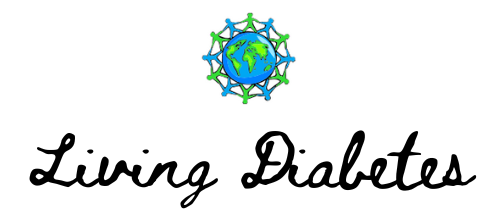Understanding how diabetes mellitus is diagnosed is very important. People with type 2 diabetes may not have any symptoms. Therefore, type 2 diabetes is usually picked up on routine screening. People with type 1 diabetes have symptoms of high blood glucose (symptoms of high blood glucose or hyperglycemia). Even then, the blood test needs to be undertaken to confirm the diagnosis.
The following tests can be undertaken to confirm the diagnosis of diabetes mellitus.
- Fasting blood glucose
- Haemoglobin A1c
- Random blood glucose
- Oral glucose tolerance test
Fasting blood glucose
Fasting blood glucose is undertaken after not eating for at least 8 hours overnight. Diagnosis if diabetes mellitus can be made if blood glucose is 7 mmol/L or above. If blood glucose is above 6, but below 7, then it is called impaired fasting glucose. A person with impaired fasting glucose is at high risk of developing diabetes mellitus.
Haemoglobin A1c
Using HbA1c for diagnosis of diabetes mellitus has been discussed more in-depth in the section titled HbA1c use in diagnosing type 2 diabetes. Briefly, no preparation is needed for this test. Blood can be taken at any time. Diabetes mellitus can be diagnosed if the HbA1c level of 48 mmol/mol (6.5%) or above.
Random blood glucose
Random blood glucose test can be done at any time. If the blood glucose level is 11.1 or more with symptoms of high blood glucose, then the diagnosis of diabetes mellitus can be considered. It is important to understand blood glucose in rare instances can go above 11 after high glycaemic index food. Therefore, the presence of symptoms with high random blood glucose is needed to consider a diagnosis of diabetes mellitus.
Oral glucose tolerance test
Oral glucose tolerance test is performed after overnight fasting (that is not eating for at least 8 hours). Fasting blood glucose test is also taken. After this, the person is given 75 grams of carbohydrate. The blood glucose test is taken after 2-hours. For the diagnosis of diabetes mellitus, either fasting blood glucose levels has to be 7 mmol/l or above or 2-hour blood glucose after 75 grams of carbohydrate is above 11 mmol/l.

